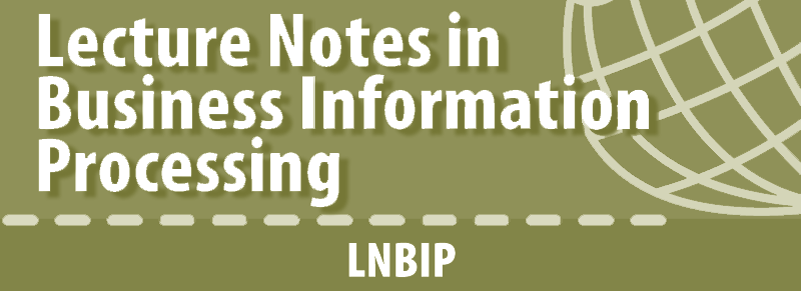Submission and Reviewing Process
Submission Instructions
Authors should follow the minimum standards as set out in the Springer Nature Code of Conduct for Book Authors.
Authors should consult Springer's authors' instructions and use the proceedings templates, either for LaTeX or for Word, for the preparation of their papers. Springer's proceedings LaTeX templates are available in Overleaf and you may like to draw the authors' attention to this fact via the conference website. EasyChair online submission website:
https://easychair.org/my/conference?conf=icdec2026
For more information on how to submit via Easychair, please consult the help page: https://easychair.org/help/

In case of submission problem, please contact contact (at) aten (dot) tn.
Selection Process
Submitted papers are selected based on their originality, relevance to the conference topics and technical soundness, following a double blind peer-revewing process. Authors names and affiliations should be deleted from the submitted version. Self-references should be in the third person. One of the authors of an accepted submission should register and attend the conference to present the work. Papers should be submitted in PDF format through the easychair system. Please note that English is the only accepted language for writing and presenting papers. Accepted and presented papers will be included in the conference proceedings and submitted for inclusion in the Springer LNBIP series.
Use of AI in Manuscript Preparation
To review Springer’s policy on AI authorship, generative AI images, and AI usage by peer reviewers, please refer to the following link.
Type of Contributions
- Full papers (Up to 16 pages)
- Short papers (Up to 10 pages)
Instructions for final version
Authors of accepted papers should follow carefully the instructions mentioned in the first paragraph using the Latex/Word templates. Springer encourages authors to include their ORCIDs in their papers. In addition, the corresponding author of each paper, acting on behalf of all of the authors of that paper, must complete and sign a Consent-to-Publish form. The corresponding author signing the copyright form should match the corresponding author marked on the paper. Once the files have been sent to Springer, changes relating to the authorship of the papers cannot be made.


